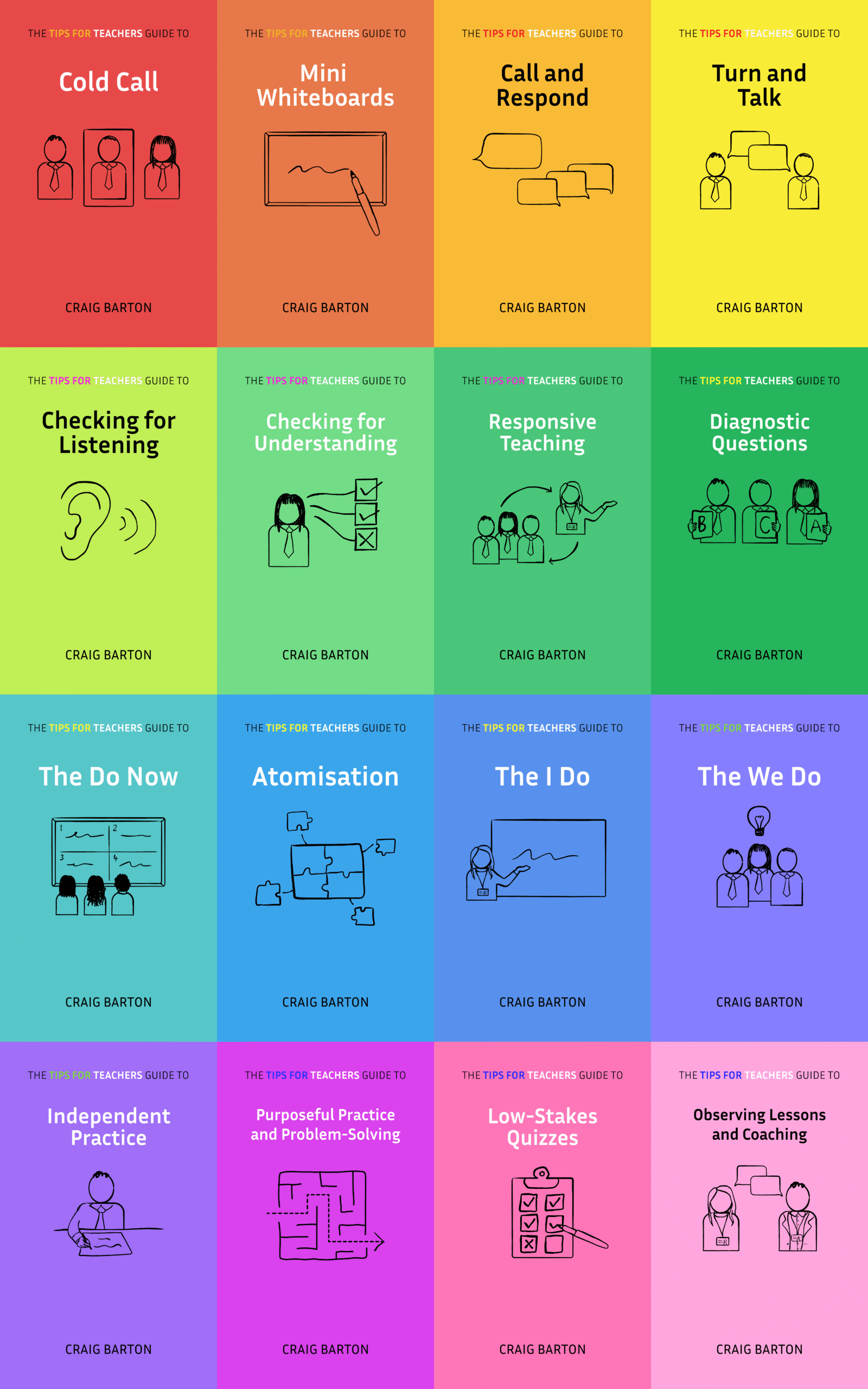
- Title: Cooperative Learning and Achievement: Theory and Research
- Authors: Slavin, Hurley and Chamberlain
- Access the original paper here
- Listen to a deep-dive podcast:
Paper summary
This academic article reviews 30 years of research on cooperative learning in education, exploring four major theoretical perspectives: motivational, social cohesion, and two cognitive viewpoints. The authors analyze the factors contributing to cooperative learning’s effectiveness, particularly the importance of group goals and individual accountability. They also examine situations where these factors might be less crucial, such as higher-level cognitive tasks or specific instructional methods. Finally, the article identifies areas needing further research, including the impact on diverse student populations and the development of effective cooperative learning curricula.
What are the key implications for teachers in the classroom?
- Group goals and individual accountability are essential for the effectiveness of cooperative learning. When groups are rewarded based on the individual learning of each member, students are motivated to teach and assess one another. This leads to increased achievement. Methods that lack group goals or individual accountability have been shown to be less effective.
- Teachers should structure group interactions carefully. Even without group rewards, teachers can directly teach students cognitive and interpersonal behaviors that enhance learning outcomes. Some effective strategies include providing think sheets with reminders to use specific strategies and teaching students structured methods of tutoring each other.
- The combination of group rewards and strategy training is more effective than either one alone. Research suggests that this powerful combination can lead to much greater achievement gains. One study found that the combination of rewards and structure had the most significant effect on math achievement, and that rewards alone were more effective than structure alone.
- Consider the types of tasks and student population when deciding whether to use group goals and individual accountability. There are a few instances where these structures may not be necessary. These include:
- Higher-level cognitive tasks where hearing others’ thinking processes is beneficial, even in the absence of co-teaching.
- Voluntary study groups where students are already motivated to perform well on an external assessment.
- Structured dyadic tasks that are designed to lead to learning if students engage in them, regardless of motivation.
- Communal study groups that leverage the strong group orientation of some cultures. For example, communal learning groups have been shown to be effective for African American students.
- Cooperative learning has benefits beyond academic achievement. Studies show that cooperative learning can lead to positive affective and non-achievement outcomes. These include increases in intrinsic motivation, willingness to take on difficult tasks, higher-order thinking, and positive attitudes towards schooling, among others.
Teachers should consider these research-based implications to implement cooperative learning in a way that maximizes student learning and development.
Quote
Use of group goals or group rewards enhances the achievement outcomes of cooperative learning if and only if the group rewards are based on the individual learning of all group members








